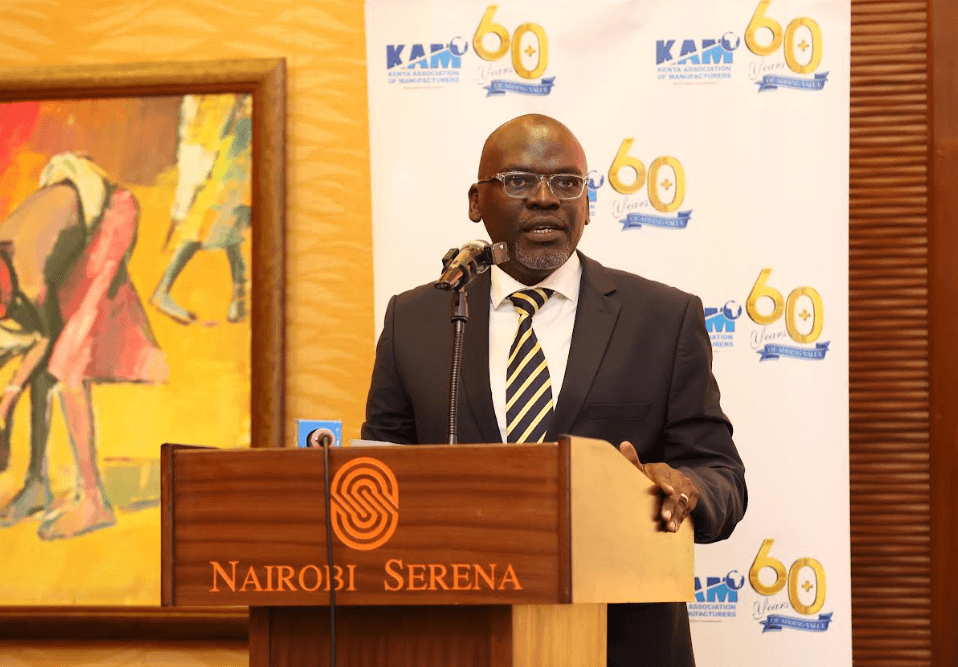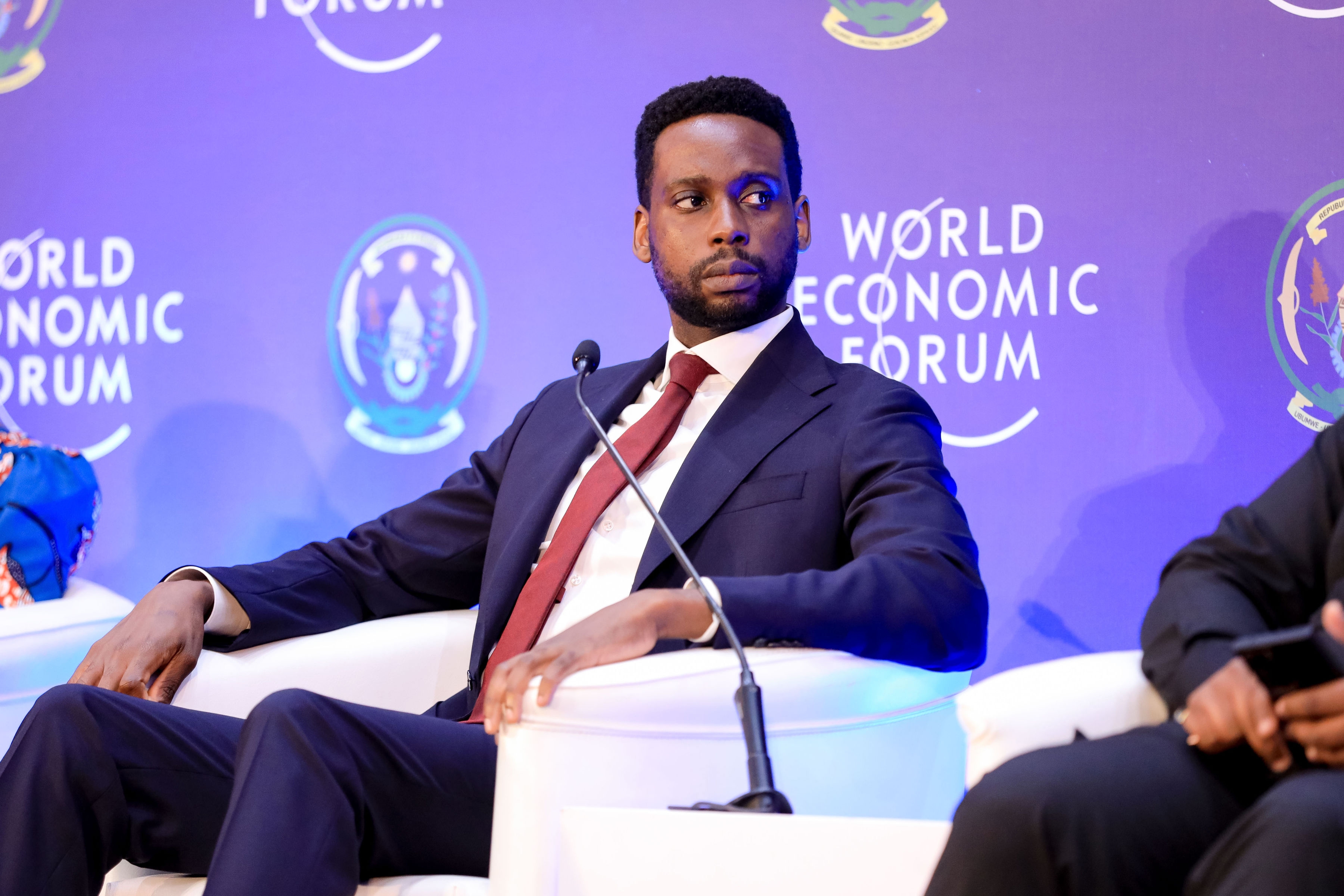Wednesday’s incident in Mathare, where a police officer impersonated a journalist to arrest a protestor highlights a deeply concerning act that poses a grave threat to press freedom and the safety of journalists.
The Media Council of Kenya rightly called out this misconduct, emphasising the dangers it poses to the work of journalists and the principles of democracy. The impersonation of journalists by the police not only compromises the integrity of the media, but also endangers the lives of those committed to reporting the truth. This incident demands urgent attention and robust action to protect the freedom of the press.
The impersonation of journalists by police officers not only erodes public trust in the media but also undermines the vital role that journalists play in holding power accountable. By posing as reporters, law enforcement agencies not only manipulate the perception of journalists but also obstruct their ability to gather information freely.
This misconduct effectively hampers the media's ability to report impartially and independently, thereby impeding the public's right to know and undermining the democratic fabric of the nation. The act further erodes public trust in law enforcement.
Journalists are essential in ensuring accountability and transparency in society, acting as a bridge between the government and the people. By abusing their authority and undermining the work of journalists, the police weaken the democratic foundation of Kenya. Without a free and independent press, citizens are deprived of accurate information, hindering their ability to make informed decisions and participate fully in public life.
The safety of journalists is paramount to the functioning of a democratic society. Impersonating journalists puts real reporters at risk, as it blurs the lines between the press and the police. When law enforcement agencies engage in such behaviour, journalists face increased vulnerability during protests and other potentially volatile situations.
Genuine journalists may become targets of violence or hostility, as their credibility is undermined by the actions of these impersonators. This compromises not only the safety of individual journalists but also the collective freedom of the press.
The Constitution of Kenya safeguards the freedom of the press, recognising it as a fundamental pillar of democracy. Articles 33, 34 35 enshrine the rights to freedom of expression, media freedom, and access to information, respectively.
The impersonation of journalists by the police directly contradicts these constitutional protections. It is essential that the government and law enforcement agencies actively uphold these rights, ensuring that journalists can carry out their duties without fear of harassment, intimidation, or arbitrary arrest.
To address this dangerous trend, urgent action is required from both the government and civil society organisations. Comprehensive training programmes should be implemented for law enforcement agencies to emphasise the importance of respecting the rights and safety of journalists. These programmes should include guidelines on engaging with the media during protests and other public gatherings, emphasising the role of journalists in a democratic society.
Wednesday’s act serves as a wake-up call for the protection of press freedom in Kenya. The dangerous implications of such actions cannot be overstated. Upholding the rights of journalists, ensuring their safety, and fostering an environment of trust and accountability are critical for the functioning of a democratic society.
It is only through these concerted efforts that Kenya can preserve the principles of democracy, protect the freedom of the press, and safeguard the vital role of journalists in the nation's progress.
Senior programme officer, Article 19 Eastern Africa

















